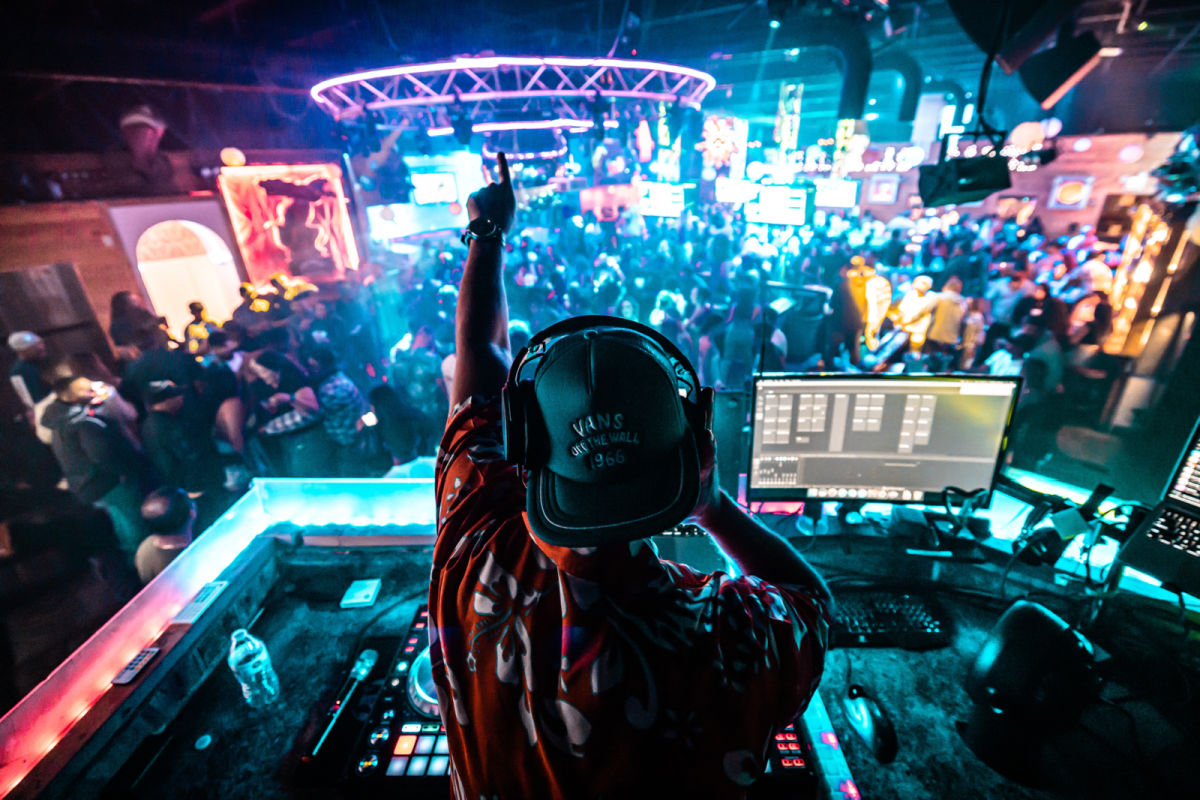Recently, Bali’s Atlas Super Club found itself at the center of a heated controversy when they inadvertently showcased religious imagery of the Hindu god, Lord Shiva, during a DJ set. This incident has raised significant concerns amid the Balinese community and beyond.

The Incident: A Moment of Cultural Oversight
Imagine stepping into a vibrant nightclub, the music pumping, and suddenly, an image of Lord Shiva appears on the giant screen. For one minute, party-goers were met with a depiction that many found disrespectful in that context. Though the image was swiftly removed, the damage had been done, and apologies were issued.
Atlas Super Club, known as Bali’s largest nightclub and part of the Atlas Beach Fest, has become a hotspot for tourists and locals alike, bringing in tens of thousands of visitors each week. The backlash was immediate, with footage circulating online and sparking conversations in communities throughout Bali.
Understanding the Cultural Context
While depicting deities like Lord Shiva can be acceptable within Hindu tradition, the decision to display such imagery at a nightclub raises eyebrows and ignites outrage, especially when alcohol is present. Many locals felt that the moment showed a lack of understanding and respect for Balinese culture. Have you ever seen something that felt deeply out-of-place in a cultural context? That visceral reaction is what many Balinese have been feeling.
Past Incidents and Growing Frustrations
This latest dilemma occurs against a backdrop of heightened frustrations within the Balinese community over tourism’s rapid growth and the increasing number of visitors who may not fully grasp or respect local customs. It’s not the first time a beach club in Canggu has drawn ire; for instance, last October, a neighboring venue was criticized for setting off fireworks during a local religious ceremony. Many locals have been left feeling increasingly anxious about the impact of tourism on their cultural practices.
Community Leaders Respond
Following the incident, leaders from the Parisada Hindu Dharma Indonesia (PHDI Bali) expressed their discontent. Nyoman Kenak, the chairman, mentioned that the situation could potentially lead to a legal case for religious blasphemy. In a culture where respect for customs runs deep, such incidents can feel like a slap in the face to many.
In a public apology released on Instagram in Bahasa Indonesia, Atlas Super Club acknowledged the distress caused to the local community and vowed to take action against those responsible.
Moving Forward: Actions Taken and Future Considerations
As part of making amends, the club plans to host a Guru Piduka Ceremony, a traditional ritual aimed at seeking forgiveness from the community. However, many feel that these steps may not go far enough to genuinely rectify the offense felt by Hindus. It’s a complex dance between tourism and tradition, and many are looking for assurance that this won’t be a recurring theme.
With a warning issued to the venue and a commitment to review their operational procedures, officials from the Badung district are carefully monitoring the situation. The hope is that by fostering communication and respect, both tourists and locals can enjoy Bali’s vibrant culture without strife.
The Road Ahead
As Atlas Super Club continues to operate, the incident serves as an important reminder of the need for awareness and sensitivity to local cultures, especially in a thriving tourist destination like Bali. If you plan to visit, taking time to understand and respect the local customs will go a long way in creating positive experiences for everyone involved.
In a world where cancel culture seems to be brewing just a click away, this incident invites us all to reflect on how we engage with cultures different from our own. Share your experiences in the comments—have you ever witnessed a cultural faux pas that sparked conversations? Let’s learn together.
Atlas Super Club and Atlas Beach Club remain open to the public seven days a week.






